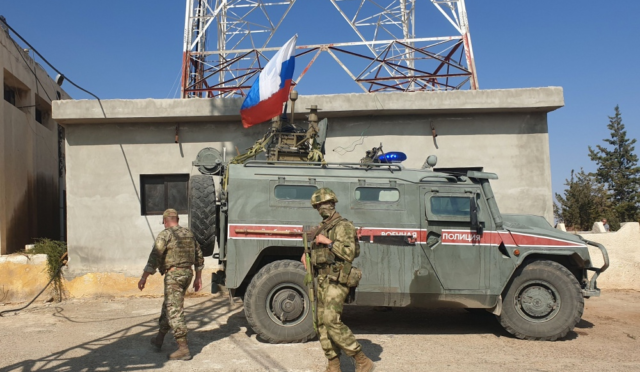Pentagon’s Leak Investigation Leads to Caldwell’s Dismissal
**Dan Caldwell, a senior advisor to U.S. Defense Secretary Pete Hegseth, has been removed from his position at the Pentagon as part of an active investigation into possible leaks of sensitive information.** Sources from the Department of Defense confirmed that Caldwell was dismissed on April 15, a move that underscores the seriousness of the ongoing probe. Reports indicate that Caldwell has been placed on administrative leave while the investigation unfolds.
This decision comes after Caldwell’s involvement in high-profile meetings with foreign leaders since Hegseth took office in January. Furthermore, he was implicated in a prior incident, dubbed “Signalgate,” reported by The New York Times. Caldwell’s role included advising Hegseth on key U.S. military operations around the globe, which adds another layer of complexity to the inquiry.
Caldwell and Hegseth’s Longstanding Relationship
Caldwell and Hegseth’s professional relationship spans over a decade, originating from their time in the conservative advocacy group, Concerned Veterans for America. This organization campaigns for reforms within the Department of Veterans Affairs, reflecting their shared commitment to veteran issues. Moreover, Caldwell, a Marine Corps veteran of the Iraq War, has openly questioned the legitimacy of U.S. military interventions in the region.
In a December 2024 interview with The Financial Times, Caldwell stated, “I believe the Iraq war is a horrific crime.” His concerns echo those of Hegseth, who has voiced similar reservations regarding the war. Caldwell’s previous role at the Defense Priorities think tank further showcases his position as an advocate for a more restrained U.S. foreign policy, often at odds with mainstream Republican perspectives.
Divisions within the Republican Party
Caldwell’s stances have ignited discussions within the Republican Party, highlighting a rift between traditionalists who perceive U.S. military strength as crucial for global stability and those who argue that military resources are overstretched. This internal conflict points to a broader debate regarding America’s role on the international stage and the implications of foreign commitments.
The circumstances surrounding Caldwell’s dismissal raise questions about the current state of affairs within the Pentagon and the Defense Department at large, particularly in light of the revelations from the ongoing leak investigation.
Investigations and Future Proceedings
Following Caldwell’s removal, Defense Secretary Hegseth’s chief of staff, Joe Kasper, confirmed that the Pentagon is actively investigating claims related to national security information leaks. These inquiries may soon also involve personnel undergoing polygraph tests to ensure that sensitive information remains secure.
While officials remain tight-lipped about the specific leaks under examination, there has been mounting pressure within the Pentagon, as well as the broader Trump administration, to curb unauthorized disclosures. This incident continues to unfold, amidst heightened scrutiny over the handling of classified information.
The Implications of Signalgate
Simultaneously, Caldwell’s dismissal connects with the growing “Signalgate” controversy – a scandal highlighting communication security at the Department of Defense. This crisis denotes a troubling trend regarding the vulnerability of sensitive governmental communications and could have far-reaching implications for national security.
As investigations proceed, they not only seek to identify the source of the leaks but also aim to establish a clearer understanding of their repercussions on U.S. diplomatic and military operations. The ramifications of this scandal are likely to resonate throughout the political landscape, potentially reshaping discussions about military engagement and operational security.







